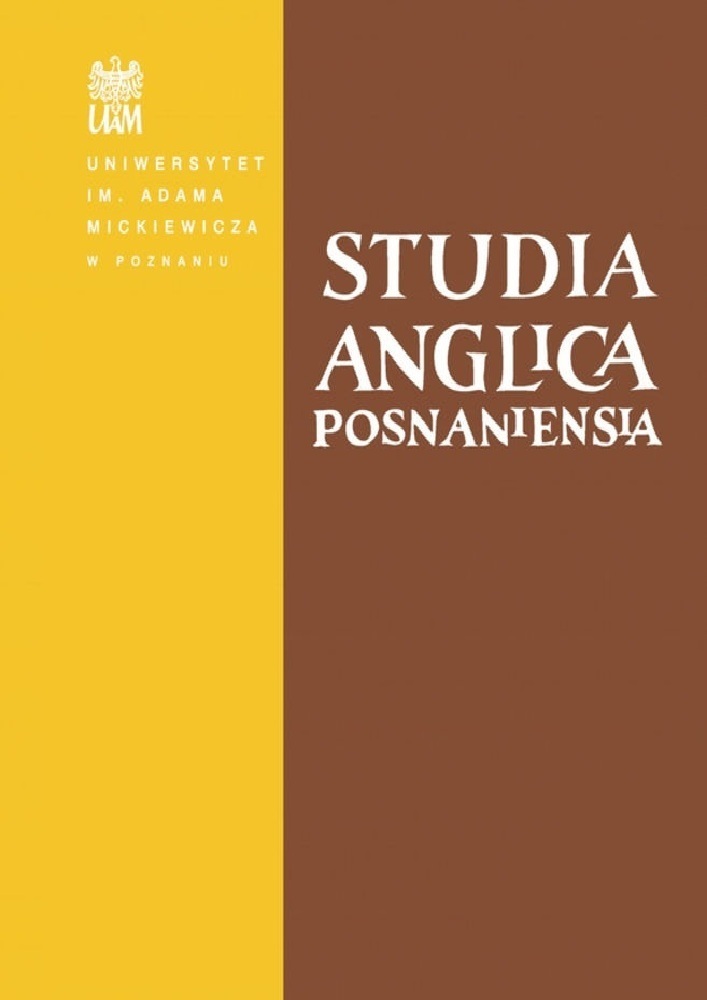Abstract
The Middle English Cleanness is a poem unique in the medieval context in that it couples its homophobic discourse with a powerful vindication of sexual pleasure and its role in relationships without referring to the procreative telos of marriage. In fact, Cleanness does not even stress that the only proper arena for erotic desire is the marriage bed, with the narrator emphasising the mutuality of pleasure instead. The article investigates the text’s rhetorical interplay between the vilification of homosexuals and the divine endorsement of heterosexual lovemaking. Going beyond the established critical consensus on the issue, it argues that the contrast between the two serves not only to allow the author to vent his homophobic prejudice but also connects with the epistemological concerns of Pearl, the text that precedes Cleanness in the Cotton Nero A.x manuscript.
References
The Bible: Authorised King James Version 1998 New York: Oxford University Press.
Cawley, Arthur Clare - John J. Anderson (eds.) 1976 Pearl, Cleanness, Patience, Sir Gawain and the Green Knight. London: Dent.
Anderson, John J. 2005 Language and imagination in the Gawain-poems. Manchester: Manchester University Press.
Blanch, Robert J. - Miriam Youngerman Miller - Julian N. Wasserman (eds.) 1991 Text and matter: new critical perspectives of the Pearl-poet. Troy: Whitston.
Calabrese, Michael - Eric Eliason 1995 “The rhetorics of sexual pleasure and intolerance in the Middle English Cleanness”, Modern Language Quarterly 56/3: 247-275.
Condren, Edward I. 2002 The numerical universe of the Gawain-Pearl poet: beyond phi. Notre Dame: University of Notre Dame Press.
Culler, Jonathan 1983 On deconstruction: theory and criticism after structuralism. Ithaca: Cornell University Press.
Keiser, Elizabeth B 1997 Courtly desire and medieval homophobia: the legitimation of sexual pleasure in Cleanness and its contexts. New Haven - London: Yale University Press.
Prior, Sandra Pierson 1994 The Pearl poet revisited. New York: Twayne.
Wallace, David 1991 “‘Cleanness’ and the terms of terror”, in: Robert J. Blanch - Miriam Youngerman Miller - Julian N. Wasserman (eds.), 93-104.
